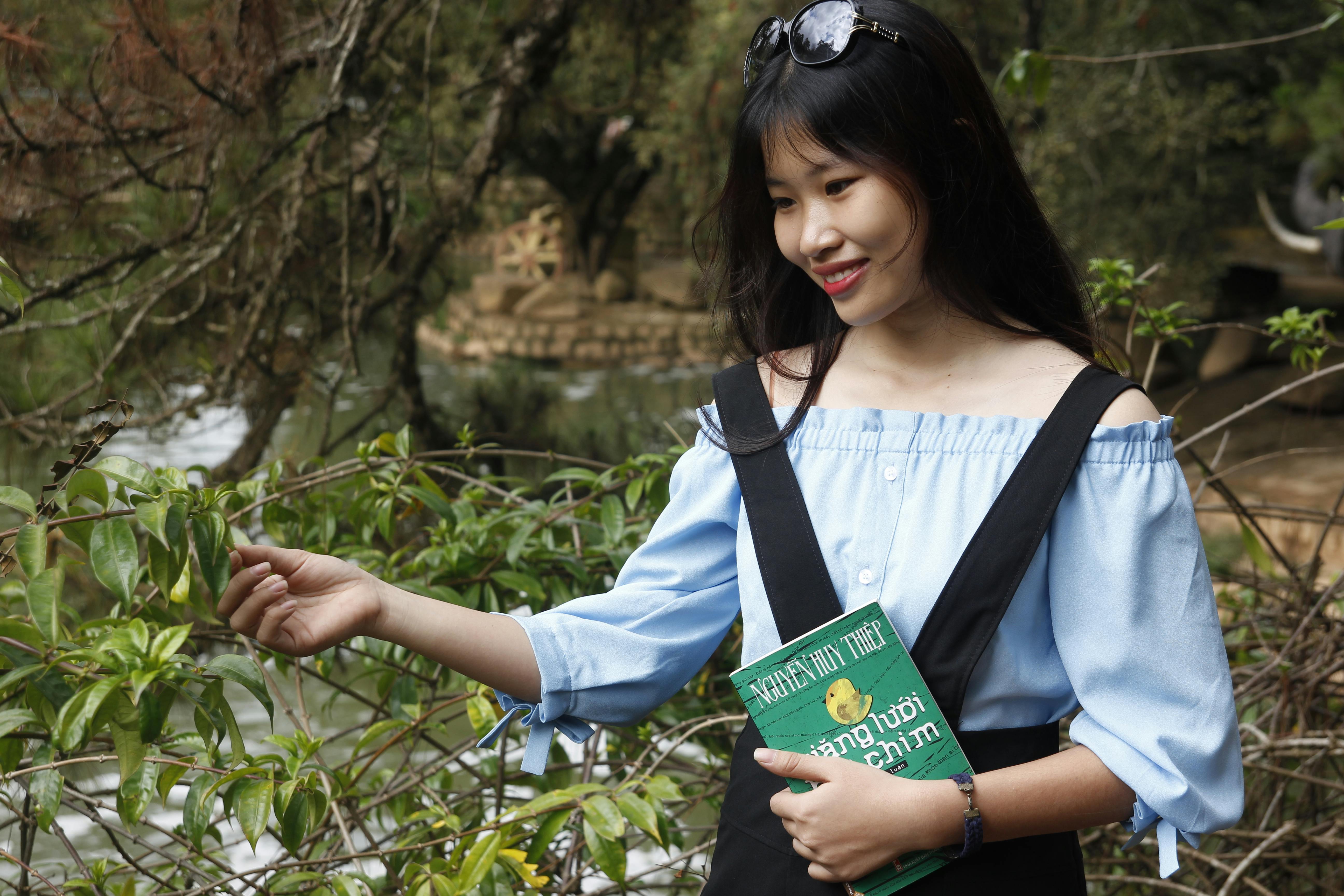The idea of confidence in mindfulness attitudes focuses on self-confidence. How many of us have lost touch with our instincts or mistrust them? Confidence is about having the courage to cultivate and develop self-confidence.
It may seem counterintuitive in this technological and digital age of facts and evidence to talk about instincts, but when it comes to understanding ourselves and our well-being, listening to your inner self is a critical skill.
Think of the myriad of actions our brains control that occur as a result of unconscious processing. The unconscious is a process that occurs automatically and is not available for introspection. The subconscious, on the other hand, is part of our conscious process that is not actively in focal consciousness. Your nervous system, the five senses and the data that enters our brain, the processing of that data, all the unconscious activities without which we would not survive. The physical processes that take place throughout our body, breathing, digestion, hormonal secretions, the pumping of the heart, the arteries and veins contract, the electrical signals jump over the synapses, all the vital functions and maintenance of life, and everything is carried out unconsciously. We don’t have to think about putting one foot in front of the other when we walk, or whatever movement we make. We are aware that a brain injury (such as a stroke) can cause us to relearn these unconscious skills, so we know that our brain is responsible for processing our unconscious activities.
Now consider those times when you consciously want to do something—perhaps you stick to a new year’s resolution, but how your unconscious self will overcome that willpower. You reach for the sugar because you are behaving automatically. We know that one of the hardest things to break, once you’ve successfully freed yourself from an addiction, is the habitual behavior that accompanies the addiction. The cigarette after dinner, the drink after work, not necessary actions but habitual behaviors that can be as difficult to overcome as the addiction itself. Change must occur at the unconscious level and that takes practice. Someone recently told me “practice makes permanent”. Instead of striving for unattainable perfection, we should try to embody our change at the deepest level to make them a part of us.
Developing a trust in yourself and your feelings is an integral part of meditation training. For many people, it is an act of faith to start meditating and I fully recognize that. This attitude of trusting yourself and your own basic wisdom and goodness is very important in all aspects of your meditation practice. It is far better to trust your intuition and your own authority, even if you make a few “mistakes” along the way, than to always look outside yourself for guidance. If at any time you feel that something is not right for you, why not honor your feelings? Why should I discard them or write them off as invalid because some authority or some group of people think or say differently?
If you think about it, there are so many things in life (both simple and complex) that are beyond our control, but we put our trust in them without even thinking or being aware of that trust, so why can’t we do the same? with ourselves – our minds and hearts?
By cultivating the attitude of trust, what we seek to do is become more fully ourselves. Therefore, it is important not to get caught up in the reputation and authority of your teachers (or peers). If you feel that any guidance you are given takes you away from who you are, trust yourself and take another path that feels good to you. It is impossible to become like another person. The best you can hope for is to be more of yourself, so don’t compare yourself or aspire to be like someone you admire.
The attitude of trust is about tuning into your deepest self. It is listening to yourself on a much deeper level than you are thinking. It’s about going beyond the mind, to intuition and what you’re feeling, then trusting those intuitions and feelings and letting them guide you to be more fully yourself. It is not an attitude of ignoring common sense, trust is not blind or unintelligent, but allows your inner voice to be heard and considered in your decision making. It is at this deepest level that we make change happen, unleashing the inner clarity that we all have. We are resilient by nature, but as we mature and are shaped by our circumstances and experiences, we can lose touch with the innate strength that exists within us. Practicing mindfulness can put us back in touch with that ability, and we can then choose to use it to recover from life’s challenges.
